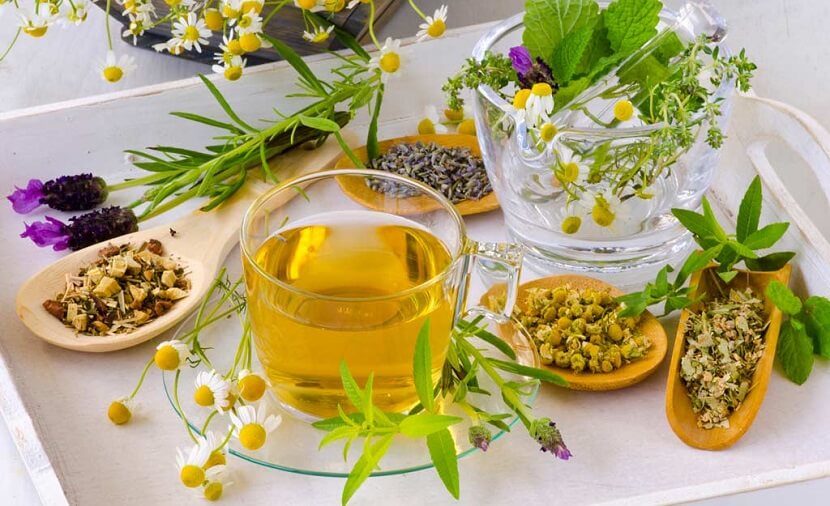What is endometriosis?
Endometriosis is a serious condition where tissue similar to the lining of endometrium, is found in unlikely areas around the body. Endometriosis affects about one in ten women.
Most commonly, endometriosis occurs in the pelvis, which causes symptoms that significantly impact the individual's quality of life, such as pelvic pain and infertility. Do note though, that the degree of symptoms is not always indicative of the damage the disease is causing.
Other symptoms of endometriosis include pain during or after sexual contact, heavy menstrual bleeding, bleeding between periods, and infertility. Women with endometriosis also experience nausea, fatigue, bloating, diarrhoea or constipation during their monthly period.
Unfortunately, endometriosis has no cure; however, its symptoms can be managed.
While medical practitioners may recommend medical or surgical options in extreme cases, there are conservative and natural treatments that can help slow down and prevent further growth of endometrial tissue outside of the uterine lining.
What Herbs and Supplements Are Good for Endometriosis?
Vitex
More popularly known as the chaste tree, vitex agnus-castus is a well-studied herbal medicine that works primarily on female gynaecological disorders. Vitex stimulates and regulates the function of the pituitary gland, which controls and balances the hormones in our body. Best known for its great results in the treatment of PMS, vitex has the ability to improve progesterone levels which are typically reduced in many women.
Milk Thistle (Silybum marianum)
A member of the daisy family, milk thistle is an excellent herb for the liver and also helps with hormonal detoxification. Studies have shown that milk thistle helps to increase the regeneration of new liver cells to replace old damaged ones.
Turmeric
Curcumin, the most active compound in turmeric, has been shown as a valuable ingredient in the prevention and treatment of endometriosis. The anti-inflammatory properties of turmeric also demonstrate its therapeutic potential in preventing oxidative stress, which is known to impact both endometriosis and infertility.
Pine Bark
Research reveals that pine bark helps with pain and dysmenorrhea. It has also been shown to assist with fertility. Pine bark has both anti-inflammatory and antioxidant properties and is rich in several bioflavonoids. Pycnogenol, which is extracted from the bark of the French maritime pine tree, has been observed to significantly reduce symptoms of endometriosis.
Ginger
Whether fresh or in powder or tea form, ginger is excellent for pain relief and bloating. It has also been proven to help reduce inflammation, treat menstrual cramps, and relieve nausea associated with endometriosis. Ginger also aids digestion and helps the liver eliminate toxins. You can chew on fresh ginger or prepare homemade ginger tea by boiling 1 tbsp of grated ginger in 2 cups of water for 10 minutes.
Magnesium
Magnesium relaxes the muscles so it’s perfect for reducing painful muscle spasms, cramping, back pain, and even headaches. It’s calming properties are also great for pre-menstrual tension. Looks for the glycinate magnesium formulation as it’s highly absorbable and gentle on the stomach. Leafy greens contain good sources of magnesium as well.
N-Acetyl-Cysteine (NAC)
NAC increases glutathione, one of the most important detoxifiers naturally produced in our body. Studies have shown NAC can also help clear excess hormones, including testosterone. NAC has great research behind it, specifically in decreasing symptoms of endometriosis and improving fertility.
Serrapeptase
Serrapeptase has the ability to help clear up old scar tissue, adhesions and cysts. It is a proteolytic enzyme sourced from silkworms which use it to dissolve the cocoon when the moth comes out. Besides dissolving old tissue in the body, serrapeptase also has other benefits including cleansing the body of toxins and healing any digestive imbalances. There is an initial adjustment period when supplementing with serrapeptase – start gradually and make sure it’s enteric coated to protect its properties from the acidic environment of the stomach.
Probiotics
A healthy digestive tract is key to the management of endometriosis. Gut bacteria, bacterial genes called the estroblome, specifically – produce an enzyme that supports oestrogen metabolism. It’s important to have your gut working so you can detox the ‘bad’ hormones and eliminate waste from the body. Fermented foods are great sources of probiotics. Check out our collection of fermented foods that you can prepare in a breeze.
Zinc
The use of synthetic hormones can deplete your body of zinc, a key nutrient for over 300 different enzyme processes including cellular repair and gut health. This anti-inflammatory nutrient is usually deficient among women who suffer from endometriosis. Supplementing with zinc can boost your immune system to help prevent inflammation. Furthermore, zinc suppresses viral growth, strengthens your white blood cells and helps with tissue renewal.
REFERENCES
Arablou T and Kolahdouz-Mohammadi R. Curcumin and endometriosis: Review on potential roles and molecular mechanisms.Biomedicine & Pharmacotherapy. 2018. Jan:97;91-97.
https://doi.org/10.1016/j.biopha.2017.10.119
Porpora et al. A Promise in the Treatment of Endometriosis: An Observational Cohort Study on Ovarian Endometrioma Reduction by N-Acetylcysteine.Evidence-Based Complementary and Alternative Medicine. 2013; 2013: 240702.
https://doi.org/10.1155/2013/240702











Leave a comment
This site is protected by hCaptcha and the hCaptcha Privacy Policy and Terms of Service apply.